Astronomical Events November 2021
New season, new night sky targets! It’s November, and many clocks around the world change the time, meaning for some, darker skies at an earlier time. Grab your seasonal outerwear and fall in love with the night sky again and again with these November 2021 astronomy events.
Alright, let’s jump in!
Download your free November 2021 astronomy events calendars here to help you save the date.
Moon Phases, Meteor Showers, and More November Astronomy Events

November 4 - New Moon
The Moon will located on the same side of the Earth as the Sun and will not be visible in the night sky. This phase occurs at 21:15 UTC. This is the best time of the month to observe faint objects such as galaxies and star clusters because there is no moonlight to interfere.
November 4, 5 - Taurids Meteor Shower
The Taurids is a long-running minor meteor shower producing only about 5-10 meteors per hour. It is unusual in that it consists of two separate streams. The first is produced by dust grains left behind by Asteroid 2004 TG10. The second stream is produced by debris left behind by Comet 2P Encke. The shower runs annually from September 7 to December 10. It peaks this year on the the night of November 4. The new moon will leave dark skies this year for what should be an excellent show. Best viewing will be just after midnight from a dark location far away from city lights. Meteors will radiate from the constellation Taurus, but can appear anywhere in the sky..
November 5 - Uranus at Opposition
The blue-green planet will be at its closest approach to Earth and its face will be fully illuminated by the Sun. It will be brighter than any other time of the year and will be visible all night long. This is the best time to view Uranus. Due to its distance, it will only appear as a tiny blue-green dot in all but the most powerful telescopes.
November 17, 18 - Leonids Meteor Shower
The Leonids is an average shower, producing up to 15 meteors per hour at its peak. This shower is unique in that it has a cyclonic peak about every 33 years where hundreds of meteors per hour can be seen. That last of these occurred in 2001. The Leonids is produced by dust grains left behind by comet Tempel-Tuttle, which was discovered in 1865. The shower runs annually from November 6-30. It peaks this year on the night of the 17th and morning of the 18th. Unfortunately the nearly full moon will dominate the sky this year, blocking all but the brightest meteors. But if you are patient, you should still be able to catch a few good ones. Best viewing will be from a dark location after midnight. Meteors will radiate from the constellation Leo, but can appear anywhere in the sky.
November 19 - Full Moon
The Moon will be located on the opposite side of the Earth as the Sun and its face will be will be fully illuminated. This phase occurs at 08:59 UTC. This full moon was known by early Native American tribes as the Beaver Moon because this was the time of year to set the beaver traps before the swamps and rivers froze. It has also been known as the Frosty Moon and the Dark Moon.
November 19 - Partial Lunar Eclipse
A partial lunar eclipse occurs when the Moon passes through the Earth's partial shadow, or penumbra, and only a portion of it passes through the darkest shadow, or umbra. During this type of eclipse a part of the Moon will darken as it moves through the Earth's shadow. The eclipse will be visible throughout most of eastern Russia, Japan, the Pacific Ocean, North America, Mexico, Central America, and parts of western South America. (NASA Map and Eclipse Information).
Northern Hemisphere Constellations and Deep Space Objects November 2021
Cepheus
- Fireworks Galaxy (NGC 6946)
- Wizard Nebula (NGC 7380)
- Iris Nebula (NGC 7023)
- NGC 7822
- NGC 7538
- Cave Nebula (Sh2-155)
- NGC 7354, and NGC 188
Cassiopeia
- Messier 52
- Messier 103
- NGC 457 (the E.T Cluster)
- NGC 663
- Tycho’s Supernova
- Pacman Nebula (NGC 281)
- Heart Nebula (IC 1805)
- Soul Nebula (NGC 1848)
Andromeda
- Andromeda Galaxy (Messier 31)
- Messier 32
- Messier 110
- NGC 752
- NGC 7686
- NGC 891
- Blue Snowball Nebula (NGC 7662)
Pisces
- Messier 74
- CL 0024+1654, a massive cluster of galaxies
- NGC 474
- NGC 488
Southern Hemisphere Constellations and Deep Space Objects November 2020
Cetus
- Messier 77
- NGC 247
- NGC 1042
- NGC 1055
- NGC 1087
- NGC 15
- Skull Nebula (NGC 246)
Sculptor
- Sculptor Galaxy (NGC 253), also known as the Silver Coin or Silver Dollar Galaxy.
- Sculptor Dwarf Galaxy
- The Whale Galaxy or Southern Cigar Galaxy (NGC 55)
- The Cartwheel Galaxy (PGC 2248)
Phoenix
- Robert’s Quartet. A compact galaxy group consisting of four galaxies: NGC 87, NGC 88, NGC 89 and NGC 92
- El Gordo, galaxy cluster
- Phoenix Cluster, galaxy cluster
- NGC 625
- NGC 482
- NGC 98
- NGC 238
- NGC 454
Tucana
- The Small Magellanic Cloud
- 47 Tucanae
- Tucana Dwarf, dwarf spheroidal galaxy
- NGC 406, spiral galaxy
- NGC 248 and NGC 249, emission nebula
- NGC 265, NGC 290 and NGC 346, open clusters located within the Small Magellanic Cloud
Hydrus
- NGC 1466
- PGC 6240, the White Rose Galaxy
- NGC 643
Too many clouds? Come hang out with the OPT team on ClearSkiesNetwork on Twitch where we stream daily and have hosts from all over the world remote control OPT observatories, telescope talk, and more! Or check out our What to Do When it’s Cloudy to find some astro inspiration on those cloudy nights.
What November astronomy event are you most excited about? Tell us in the comments below.
3 Responses
Jim
Great summary, thanks however…
would be so nice to have this in a printable format to take to observatories and classes etc.
Ariel
Thank you. Good job.


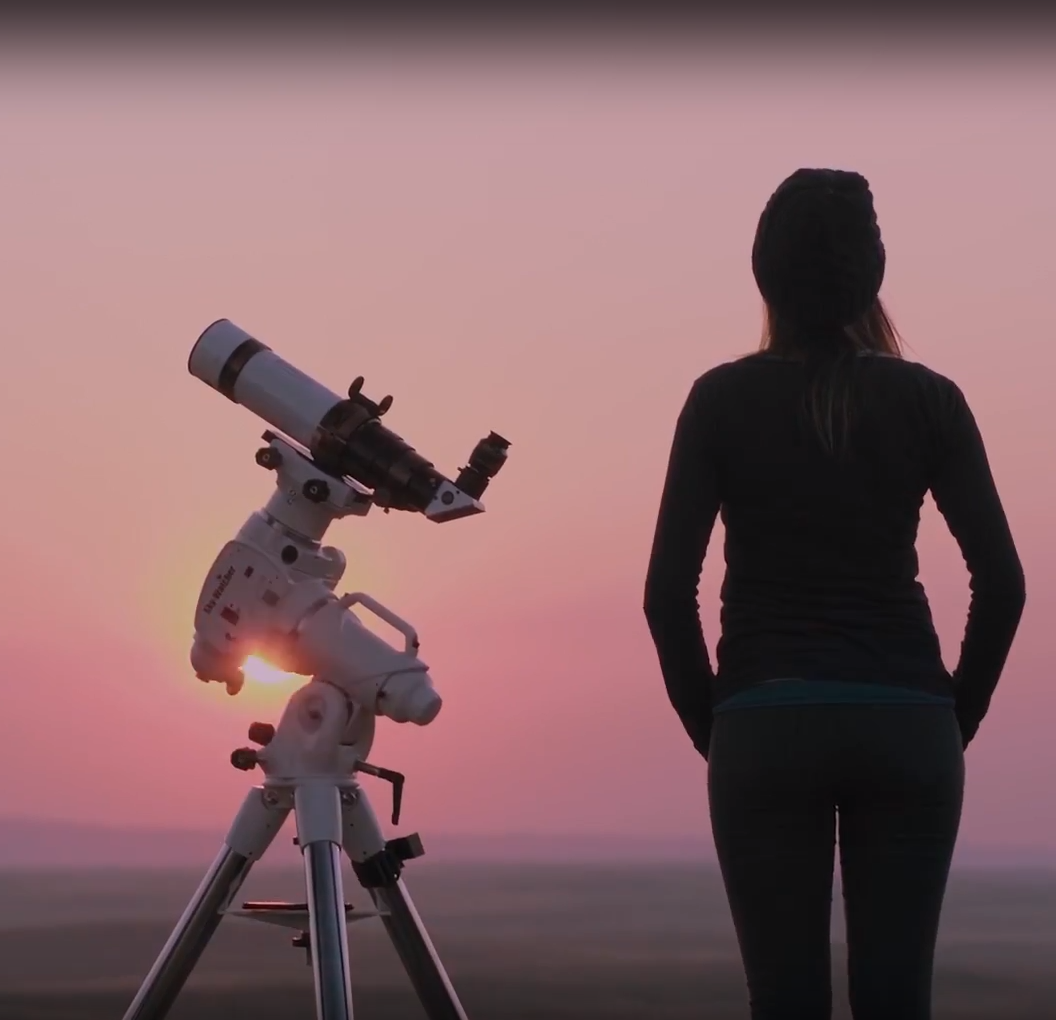
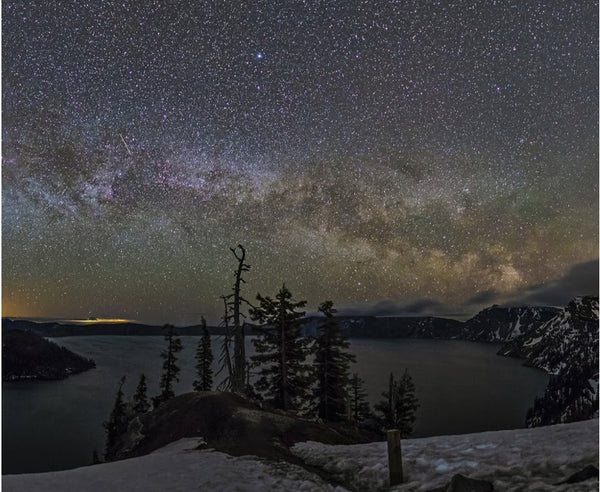







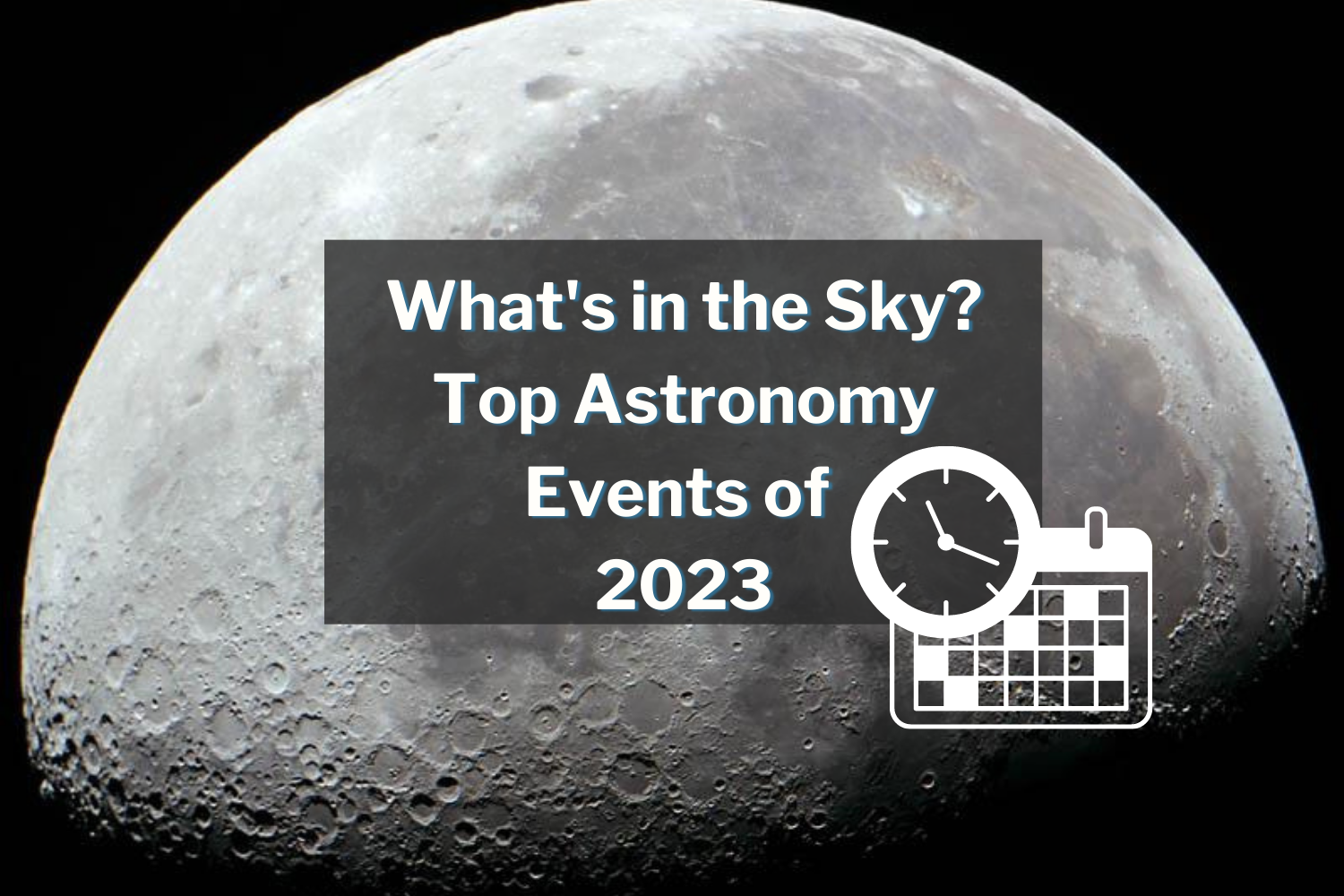
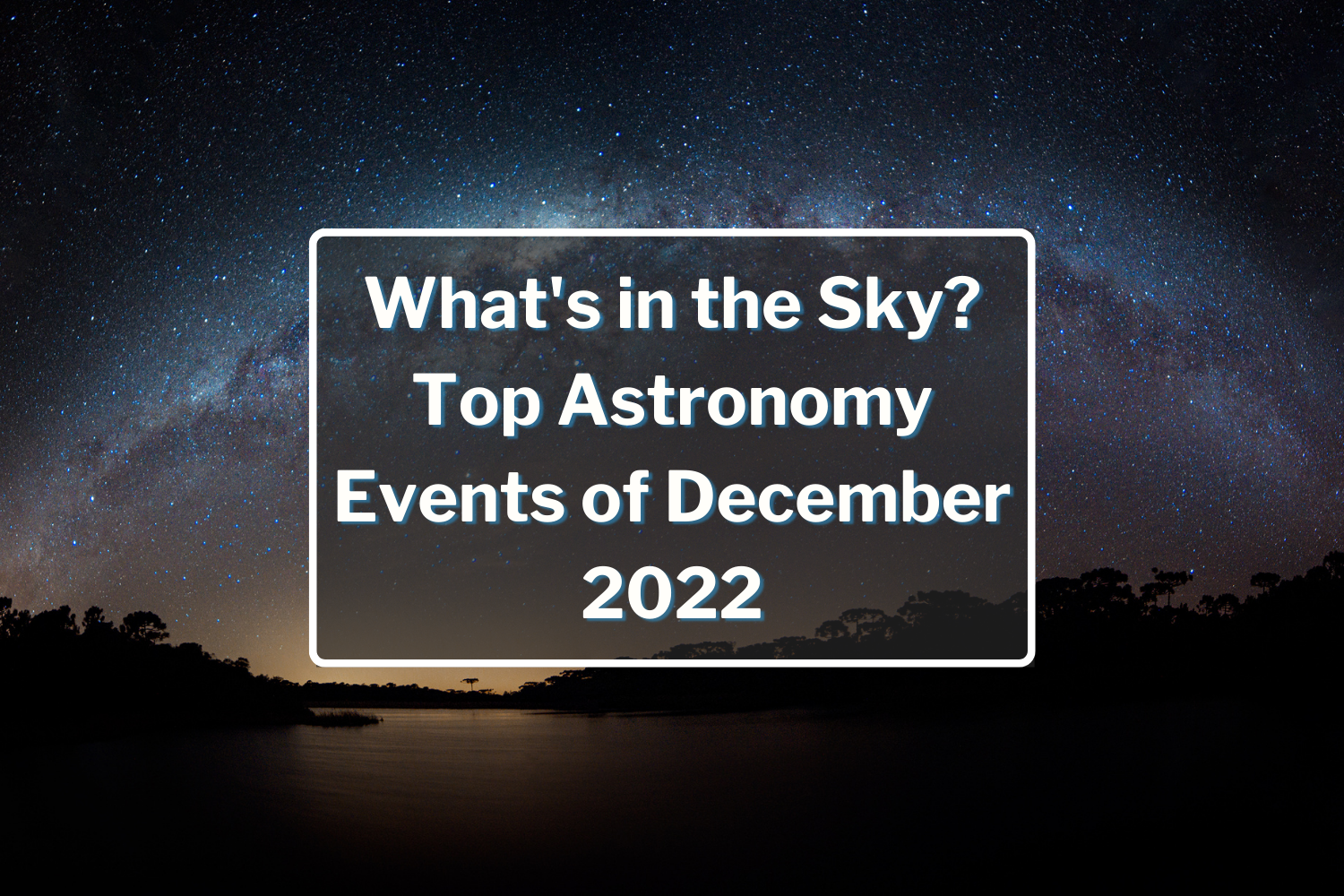
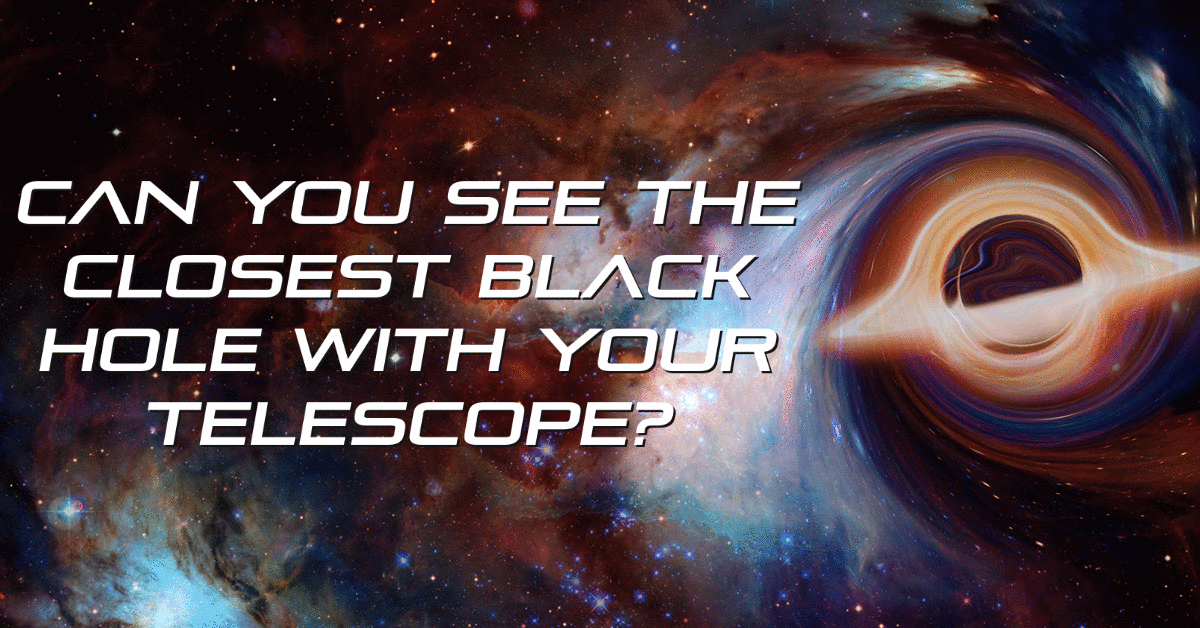

Paul Ruez
November 26, 2021
11/26/21 6” scope… what is causing the occultation of Venus this evening? The moon? I see the moon in the sky around noon. Does that make sense?